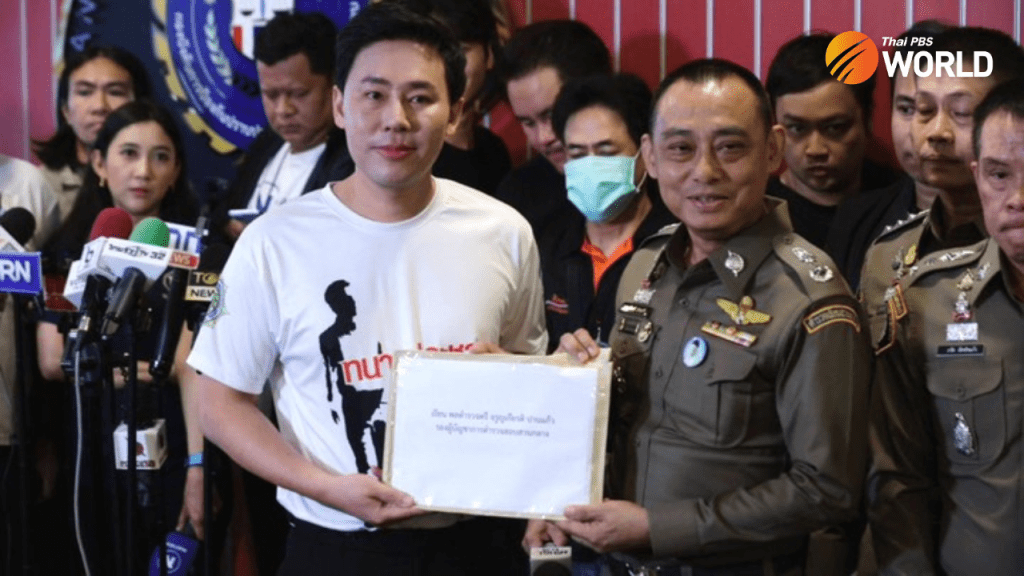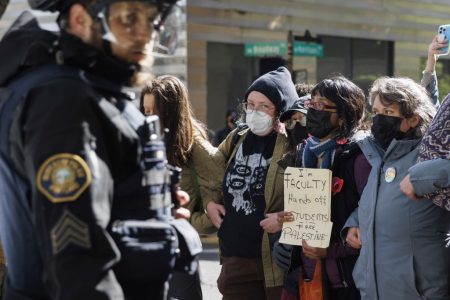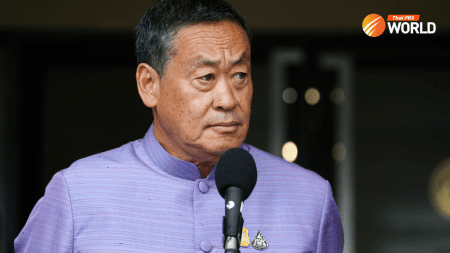Even though it seems completely hopeless, the critical state of the Thai police deserves one last attempt. And who says the last, desperate measure has to be extremely tough, expensive or divisive?
This week has been the lowest point. Just when the country thought nothing would surpass the Kamnan Nok incident, the most powerful men in the force have been accused, directly or indirectly, of involvement in huge and organized bribe taking. In a matter of months, the badly-tainted image of the Thai police has been blown up apparently beyond repair.
News presenters and commentators are in agreement about the force being rotten at its core. They all agree that while “good apples” exist, the bad ones have been too dominant and unstoppable. Transfers and promotions are less and less based on merits, and corrupt practices are feeding on themselves.
Bad bosses are corrupting initially-good subordinates. Good bosses are getting overwhelmed by bad subordinates. Worse still, those with the problem are spreading it to politicians, reporters, community leaders, and ultimately the Thai society as a whole.
A traffic offender feeling the urge to “settle” charges right on the spot because it would be cheaper and more convenient is an early sign.
According to well-known lawyer Sittra Biabungerd, there are too many bribe-taking opportunities nowadays.
Illegal Indian immigrants selling nuts need to pay bribes, so do truck drivers, employers of visa-less foreign migrants, owners of entertainment venues that violate age limits or closing times, operators of Thai massage parlours offering “special” services, underground gambling racketeers and so on.
His declared documents regarding money trails were meant to show that bribe taking is a lucrative culture that goes to the very top of the national police.
Sittra’s move came after two senior-most police officials have been transferred to inactive posts for two months at Government House due to their tumultuous conflict involving back-and-forth allegations made through colleagues.
Sittra was increasing the pressure on temporarily-transferred national police chief, Pol Gen Torsak Sukvimol, against the backdrop of Torsak’s face-off with one of his deputies, Pol Gen Surachate Hakparn, who has also been transferred.
At this point, nobody knows if Surachate is being targetted because his police rivals don’t want him to be a hero in the Kamnan Nok affair, or because he is actually a bad apple using the Nakon Pathom case as a stairway to ultimate professional glory, which is the national police chief position. Nobody knows if Torsak wants to discredit him or just do the right thing.
But everyone knows nobody in the Police Department can be trusted. During a TV programme this week, the host asked viewers to vote on which group they think dominate the police force, good cops or bad cops.
About 5,000 people took part in the off-the-cuff poll, and only 14% believe there are more good police officers than bad ones.
Lawyer Sittra was also adding to Prime Minister Srettha Thavisin’s headache. The latter has said on at least a couple of occasions that he did not know what to do with the Torsak-Surachate showdown.
The police issue is making the digital wallet seem easy, but Srettha has to handle the kitchen heat to stay in business here.
If he can solve the police problem, Move Forward's performance won't matter, and he might have to get rid of digital wallet or allow Yingluck Shinawatra to return home.
He will still be seen as a national hero.
Let's focus on increasing ethical and moral teaching and training, which is affordable, can be done quickly, and is as important as developing top detectives or sharpshooters.
If it's currently eight hours a week, make it 16. If it's already 16, make it 32. Thai police aren't criticized for bad shooting or poor crime solving, only for lacking ethics.
This will take time because it's not a problem that can be solved with a single law or setting up committees with no real solutions.
Torsak, Surachate, and similar figures will retire soon. They are a concern, but not the main focus for Srettha. Like leaders in other countries, he must plan for the long term.
Like in countries grooming young athletes, cultivating capable and responsible police for the long term is crucial.
Teaching young Thais aspiring to serve and protect about the responsibility that comes with power is crucial. This should be emphasized more to counter temptations and realities.
Patience is important but not the only requirement. Thai politics and long-term success don't always go together. Most politicians think short-term, prioritizing people like Torsak and Surachate even though they shouldn't.
Thinking long-term about the police is challenging, especially when politicians need a powerful support base. But if the police lose the public's trust, it can lead to various problems.
The Srettha government can't have a defeatist attitude, especially since the next crisis might affect everyone.
Tulsathit Taptim









